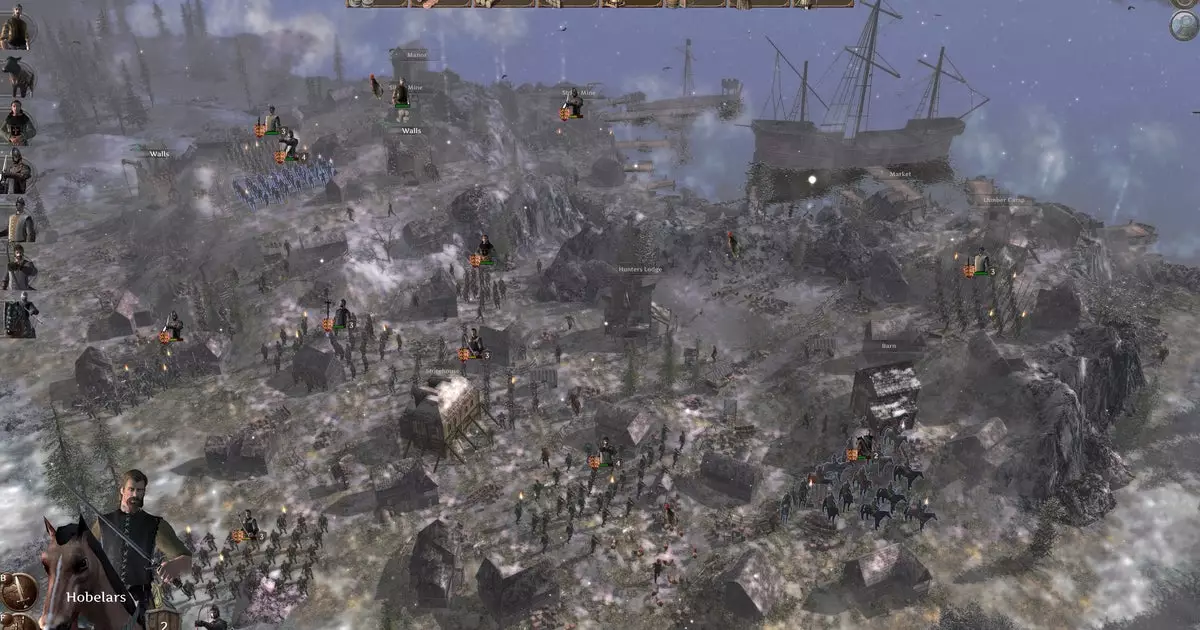The Crusades, a series of intense and often brutal military campaigns initiated by Christian forces in the medieval period, have become a subject of fascination and controversy in modern discourse. Starting around the 11th century, these conflicts aimed to reclaim the Holy Land from Muslim rule, sparked by fervent religious zeal that often masked economic and political ambitions. The historical narrative surrounding the Crusades is complex. It encapsulates a kaleidoscope of motivations, including religious fervor, territorial expansion, and a desire for glory. However, in today’s cultural climate, these events are frequently oversimplified or misrepresented, often weaponized by fringe groups to espouse ideologies of supremacy.
The dialogue surrounding the Crusades is not only relevant in historical studies but is also shaping contemporary social narratives. The term “deus vult,” which translates to “God wills it,” has resurfaced in modern political dialogues and memes, illustrating how historical events can be appropriated in the service of contemporary agendas. This highlights a troubling tendency to romanticize the violent and oppressive elements of the past. Thus, a deeper understanding of the Crusades invites us to confront not only the history itself but the implications of how we choose to remember and symbolize these events in our current world.
From History to Gaming: A New Perspective
The intersection of history and gaming has created new avenues for engagement with difficult subjects. Recent projects, like “Knights of the Crusades,” aim to immerse players in the gritty realities of this tumultuous period. The game, designed as a large-scale strategy experience, presents players with the challenge of navigating the complexities of the First Crusade and its aftermath. The developers, known for their prior work on the Kingdom Wars series, have committed to a dynamic representation of events—offering players unique perspectives from both Christian and Muslim factions.
Such games provide a platform for users to explore the ramifications of their choices within a simulated historical context. Rather than merely taking on the mantle of valiant heroes, players might find themselves grappling with the moral ambiguities of warfare, the devastation wrought by conquest, and the fickle nature of alliances. At first glance, the premise might echo the formulaic progressions seen in titles like “Age of Empires,” but the hope lies in its deeper narrative ambitions and emergent gameplay that reflect the unpredictability of real-world historical outcomes.
While some may criticize such games for glamorizing violence, there lies potential for them to serve as educational tools. They can prompt players to consider the historical dimensions of their gameplay, illustrating that beyond the allure of virtual conquest lies a history steeped in suffering and conflict. The game appears poised to facilitate nuanced engagement with history, particularly as it promises to enrich the player experience through the unique cultures and strategies of various factions.
The Challenge of Historical Representation in Gaming
Nevertheless, the challenge of portraying a period marred by violence and religious strife is not one to be underestimated. Will “Knights of the Crusades” transcend superficial representations to portray the complexities of its historical subject matter? Or will it lean into the sensational, allowing players to indulge fantasy role-play as heroic figures reminiscent of Richard the Lionheart? The developers’ commitment to showcasing distinct cultural narratives is reassuring, yet it begs scrutiny about their execution and ethical responsibility in crafting historical narratives.
Moreover, the decision to include elements like raiding and causing civilian casualties raises pertinent questions about the game’s approach to historiography. Are these actions depicted as mere game mechanics, or is there an avenue for players to reflect on their implications? Balancing engagement through gameplay with sensitivity toward the historical realities of conflict becomes an intricate dance.
In the realm of historical strategy gaming, many developers are now carefully considering the broader implications of their projects, seeking to blend entertainment with education. Yet, as consumers, we ought to approach these games with a critical lens, dissecting not only the gameplay but also the narrative choices made. The complexity of the Crusades, with its tapestry of motivation ranging from faith to violence, undoubtedly deserves more than a mere escapist treatment—it calls for reflective inquiry and discourse.

